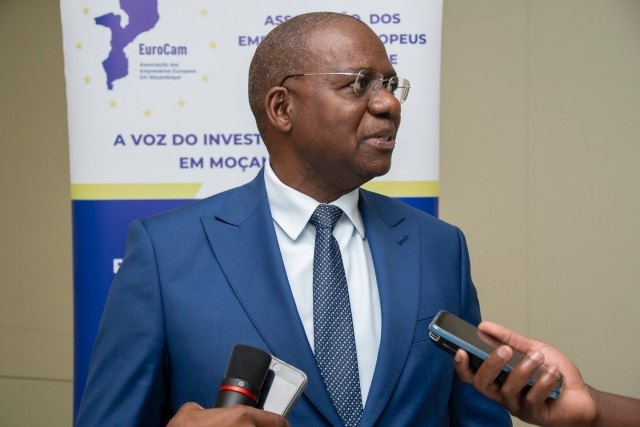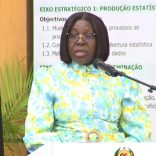Mozambique: Extreme violence undermines Cabo Delgado economy - AIM report
Mozambique: 70% of economic acceleration measures completed – Finance Ministry

FILE - For illustration purposes only. [File photo: Domingo]
Mozambique’s government has fulfilled 70% of the Economic Acceleration Measures Package (PAE) launched in 2022, and the resources needed for the remaining 30% have already been mobilised, a source from the Ministry of Economy and Finance told Lusa on Friday.
The PAE, made up of 20 measures, was announced in August 2022 by President Filipe Nyusi to relaunch and stimulate the economy following negative internal and external factors, including the impact of the Covid-19 pandemic.
“The priorities for this year are centred on the measures that were less developed in 2023, specifically the 30% that are still to be fulfilled,” João Macaringue, deputy coordinator of the Economic Reforms Office at the Ministry of Economy and Finance, told Lusa.
He said that, regarding the measures still to be implemented, progress has already been made on drawing up a biofuels business plan, testing production fields, and testing seed varieties.
As part of this intervention, which falls under Measure 10 of the SAP, it has been agreed that the multinational ENI will export bio-oil and the French company TotalEnergies will produce biodiesel for consumption in its units “until this industry is structured” in Mozambique, he said.
He emphasised the creation of more jobs, diversification of production and increased income for farmers as gains that could be generated by the boost to the biofuels sector.
He continued that, regarding Measure 18, digital platforms have been developed to allow for the interoperability of justice administration institutions, including the Attorney General’s Office and the National Criminal Investigation Service.
“We have secured resources for equipping some justice administration bodies and approved digitisation in various fields,” he stressed. The deputy coordinator of the Reforms Office at the Ministry of Economy and Finance said that the electronic platform of the One-Stop Shop has been restructured, providing this service with features based on digitalisation and online access.
“We have already created conditions for commercial and industrial licensing,” emphasised João Macaringue.
He also said that public consultation sessions on the regulation of the new Labour Law, approved last year, and for the approval of instruments on contracting domestic service have already begun.
On the other hand, the management team for the loan guarantee fund has been hired, the governance instruments for this mechanism are being finalised, and all the instruments for transforming the Insurance Supervision Institute of Mozambique (ISSM) into a sector authority have already been drawn up, continued the coordinator of the Reforms Office at the Ministry of Economy and Finance.
He also pointed to progress in Measure 11, which concerns the modernisation of logistics corridors, noting that a feasibility study for creating a single border post between Mozambique and South Africa has been completed.
As for the SAP goals that have already been achieved, João Macaringue highlighted tax relief, the approval of a new Labour Law, the increase in the list of countries with visa exemptions for Mozambique, and the introduction of a mechanism for obtaining visas online.
The contracting by the state of services to supervise and control exports of natural resources for greater transparency in this area and the increase in the transfer of revenues from the exploitation of natural resources from 2.75% to 10% to communities are also among the progress made under the SAP, Macaringue added.













Leave a Reply
Be the First to Comment!
You must be logged in to post a comment.
You must be logged in to post a comment.